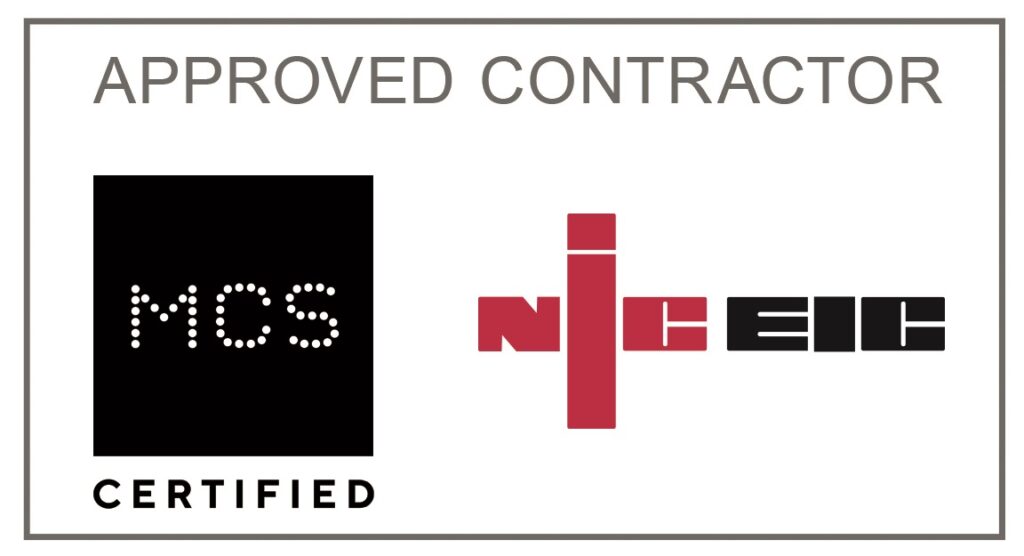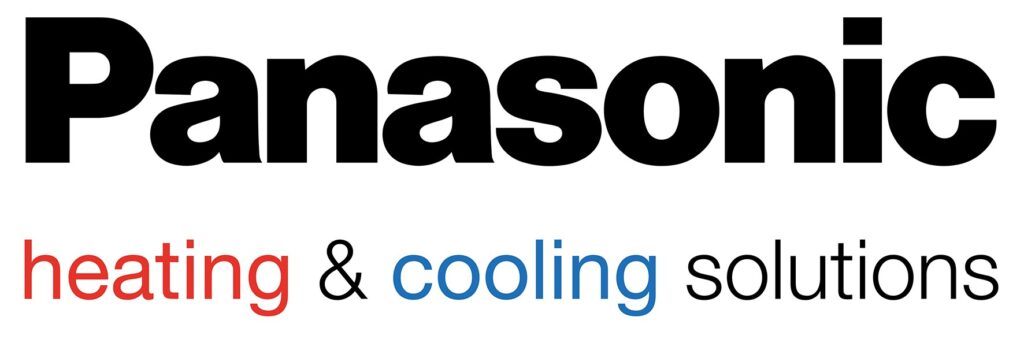
Are Air Source Heat Pumps Noisy?
As the adoption of air source heat pumps (ASHPs) grows in response to the global push for greener energy solutions, noise levels associated with these systems are becoming a topic of concern. While ASHPs are praised for their energy efficiency and environmental benefits, there have been some questions related to noise.
The Noise Issue
Air source heat pumps work by extracting heat from the outside air and transferring it into homes or buildings, which involves a process of compression and fan operation. This process generates noise, which, while generally moderate, can be considered a nuisance depending on the installation, model, and surrounding environment.
The noise emitted by ASHPs is typically between 40 to 60 decibels (dB) at a distance of one meter. For comparison, this range is roughly equivalent to the sound level of a conversation or the ambient noise in a quiet office. However, the actual impact of this noise can vary significantly. In quieter rural areas, even moderate noise can stand out more than in urban environments.
Community Concerns
In some communities, particularly in rural and suburban areas, residents have raised concerns that the constant hum of ASHPs, especially during colder months when the systems work harder, disrupts the peacefulness of their environment.
Regulatory Responses
In response to these concerns, local governments and regulatory bodies have begun to take action. In the UK, for example, the Microgeneration Certification Scheme (MCS) sets noise limits for ASHP installations, recommending a maximum noise level of 42 dB at the nearest property boundary.
These regulations aim to ensure that ASHP installations do not exceed acceptable noise levels, but enforcement can be challenging, particularly in areas with varied topography and housing densities that can affect how sound travels.
Manufacturers and Technological Solutions
Manufacturers such as Daikin, Mitsubishi and Panasonic are also responding to noise concerns by investing in quieter technologies. Advances include improved compressor designs, variable-speed fans, and enhanced insulation, which can significantly reduce the noise produced by ASHPs. Some modern units now operate at noise levels comparable to a whisper, making them less likely to cause disturbances.
In addition to quieter designs, there are also practical measures that homeowners can take to minimize noise. Proper placement of the unit, away from windows and neighboring properties, the use of sound-dampening materials, and regular maintenance can all help to reduce the impact of noise.
Conclusion
While air source heat pumps are a vital part of the transition to renewable energy, addressing the issue of noise is crucial for their broader acceptance. As the technology evolves, both manufacturers and regulators are working to ensure that the benefits of ASHPs can be enjoyed without compromising the tranquility of residential areas. For homeowners, selecting the right product and just as importantly a quality MCS approved contractor will help to keep noise to a minimum.
https://energysavingtrust.org.uk/energy-at-home/heating-your-home/heat-pumps/https://www.eocservices.co.uk/air-source-heat-pumps/for-home
















